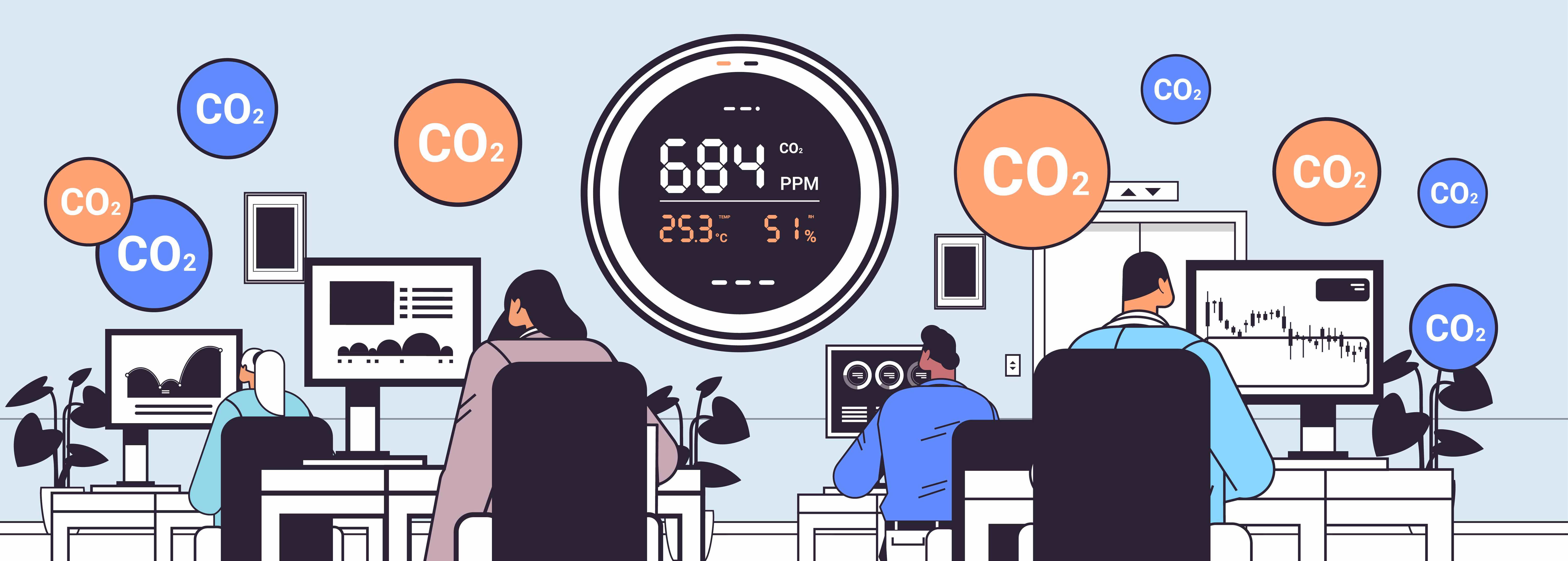NY Climate week is one of the most impactful and well attended annual events in the US for climate leadership.
Of course the question for this year is “Is decarbonization dead in the US?” I am happy to share that decarbonization is alive and well, despite huge recent policy shifts. Insights from Climate Week ’25 are included here and in upcoming blogs.
The setting
A multitude of climate related events are held throughout NYC against the backdrop of the UN General Assembly Meetings. Sessions are sponsored by private firms, NGOs, media outlets, government agencies and universities covering the latest technology, policy, finance and communications developments.
The atmosphere is an energized, but still productive pandemonium driven by C-Suite level execs such as CSOs (Corporate Sustainability Officers) and many other climate gurus excitingly shuttling across the city to attend the abundance of climate-themed panels, roundtables, side meetings and networking receptions.
It's not just about climate anymore
A key theme of the week is in how companies and the media are promoting low carbon solutions. Low carbon technologies and practices can have significant co-benefits including cost savings, health improvements and performance enhancements. Highlighting such value “beyond climate” is making them relevant to a broader audience of decision makers and stakeholders.
A key opportunity to promote low carbon advancements that also have a broader economic appeal can be seen with building decarbonization. Building operations account for about 27% of global emissions annually. A CSO panel during climate week highlighted how building energy efficiency improvements are cutting both carbon emissions and costs due to reduced energy use. Advanced heating and cooling technologies coupled with AI based management of building environments are key to these efficiency gains.
As an additional co-benefit, advanced sensor data measuring everything from meeting room temperature to air quality parameters, such as CO2, can also be analyzed using AI to improve employee health. Smarter buildings are providing a popular path to lower emissions. It turns out that the combination of cost efficiency, decarbonization and healthy environments is as attractive to the modern workforce as to company bottom lines.

Health benefits are also helping to make the case for a clean technology transition to electric school buses. Traditional school buses running on diesel can pose health concerns to children, who are more susceptible to impacts from the toxins in diesel exhaust. A movement, often led by parents concerned about their children’s health, has led to widespread progress across the US in the transition to electric school buses, given that a key benefit is their lack of emissions.
The racing community speeds progress
An exciting look into how co-benefits can open new doors is that of NASCAR geared electric vehicles. While it may not be intuitive that traditional NASCAR fans would be interested in EV style racing, many are becoming hooked on the idea as EVs bring new performance enhancements such as improved acceleration and all-wheel drive handling to the table.

Globally, what's known as Formula E racing has auto manufacturers such as Nissan, Jaguar and Maserati competing to race “cleaner and faster.” A side benefit is that showing off high performance EV race cars at NASCAR, and other events, provides an opportunity to share the attributes of EVs with a new audience, dispelling myths about range, charging times as well as performance.
Another racing community advancing low carbon transport is that of offshore sailing. VELA highlighted their sail powered ocean transport concept during Climate Week, and is scheduled for its first commercial sail from NY to France in 2026. They are boasting a 90% reduction in life cycle carbon emissions as compared to traditional freight shipping, and a 99% reduction as compared to air freight shipping. Their business case, however, centers around logistics. They advertise an overall 2 to 4 times increase in the speed of transit as compared to standard shipping. Their temperature-controlled container environment is of particular interest to shippers of sensitive goods such as medical and pharma supplies.

My key optimistic takeaway from Climate week is that progress is being made- often by focusing on the broader benefits of low carbon technologies. Stay tuned for other big takeaways on AI and the shifting low carbon technology landscape.